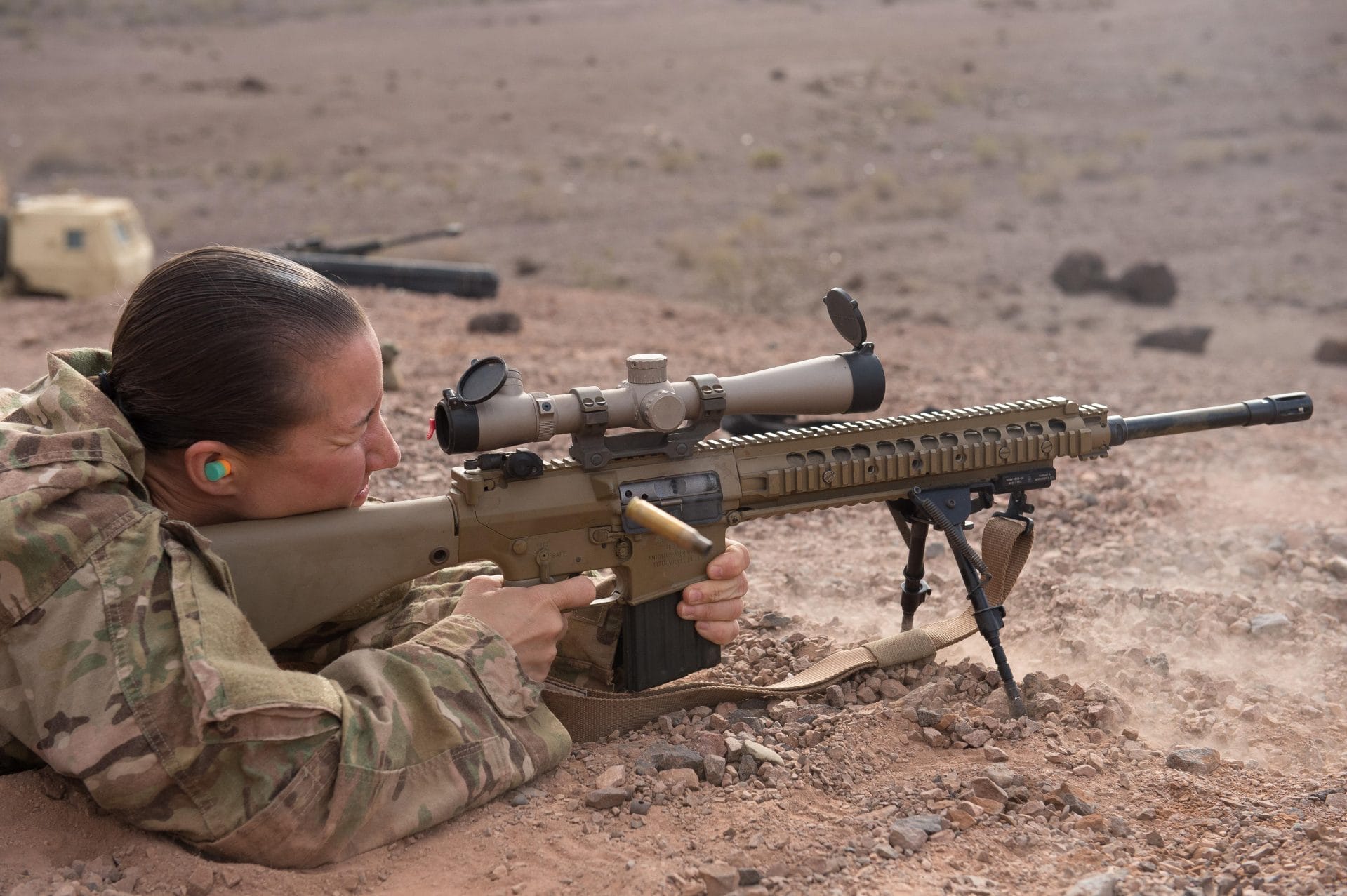
Trump Wants to Sell More Weapons Abroad
A proposed rule would make it easier for weapons to fall into the hands of international criminals.
Currently, when a gun manufacturer wants to sell weapons abroad, they have to go through the State Department. Exports of weapons like military-style assault rifles are regulated under the US Munitions List (USML). But the Trump administration wants to change this, by giving that regulatory authority to the Commerce Department’s Control List (CCL). This potential change would have major implications for national security, public safety, and terrorism.
Here’s why this would be dangerous:
The State Department has more resources and greater expertise to help keep guns out of the wrong hands.
The State Department considers national security, international crime, foreign policy, and terrorism threats when they issue licenses to arms exporters. The State Department also monitors where weapons end up to ensure that exported weapons don’t fall into the hands of terrorists or other bad actors. The Commerce Department has admitted that it does not have access to the State Department’s in-depth and robust watch list of prior and potential bad actors. The Commerce Department also does not have a plan to gain access to this list if they were to take over oversight of arms exports.
Congress would lose its ability to block potentially dangerous arms sales.
Under the current regulatory structure, Congress is notified about sales of $1 million or more that involve certain weapons from the USML. This gives Congress the ability to approve or block such sales. The new regulatory structure would not require the Commerce Department to notify Congress of pending sales.
3D-printed guns would be widely available.
In 2016, a federal appeals court prohibited posting blueprints for 3D-printed guns, upholding the State Department’s decision that this activity falls within the USML, reasoning that posting 3D-gun blueprints for anyone on the internet to access is equivalent to exporting 3D-printed guns. With this change, companies would be able to post blueprints for 3D-printed firearms, allowing anyone in the world with internet access—including terrorists overseas and people prohibited from possessing firearms here in the US—to download and use these blueprints to make their own untraceable, undetectable plastic guns.
The gun lobby is gunning for this change.
The NRA has been outspoken in their support for changing the oversight of firearms exports and admitted that their goal is “giving American businesses who manufacture consumer products a larger footprint in international markets.” Bottom line: the NRA wants to sell more guns abroad so gun manufacturers can make more money. However, military-style firearms are not simple consumer products, and they should be regulated in a manner that keeps them out of the hands of terrorists and other dangerous people.
This change is a bad idea.
It’s common sense that assault weapons and handguns used by the military should be subject to strict oversight when being sold overseas. The fact is that we already have a regulatory structure which balances the concerns of businesses without removing State Department and congressional oversight, sacrificing national security, or enabling international crime and terrorism. Let’s keep it that way.
Editor’s Note: On February 4, the Trump administration notified Congress of the proposed change. On March 26, the House Foreign Affairs Oversight and Investigations Subcommittee held a hearing to examine its potential impacts. On May 14, more than 100 organizations signed a letter opposing this policy change.